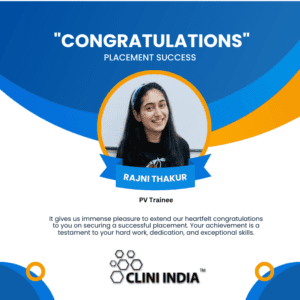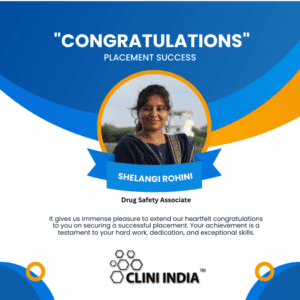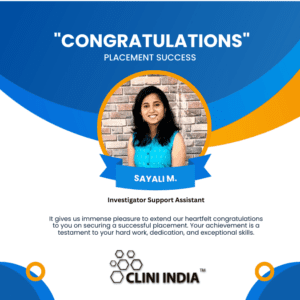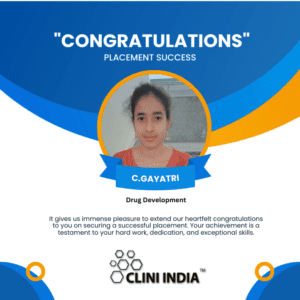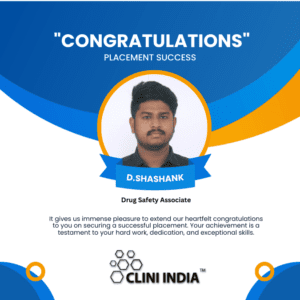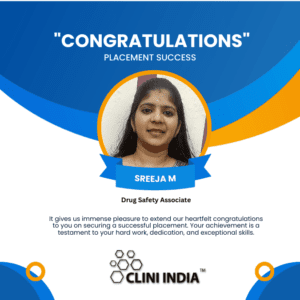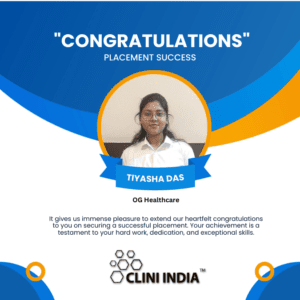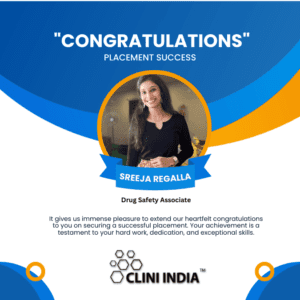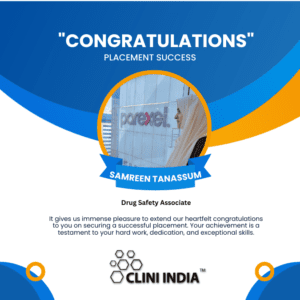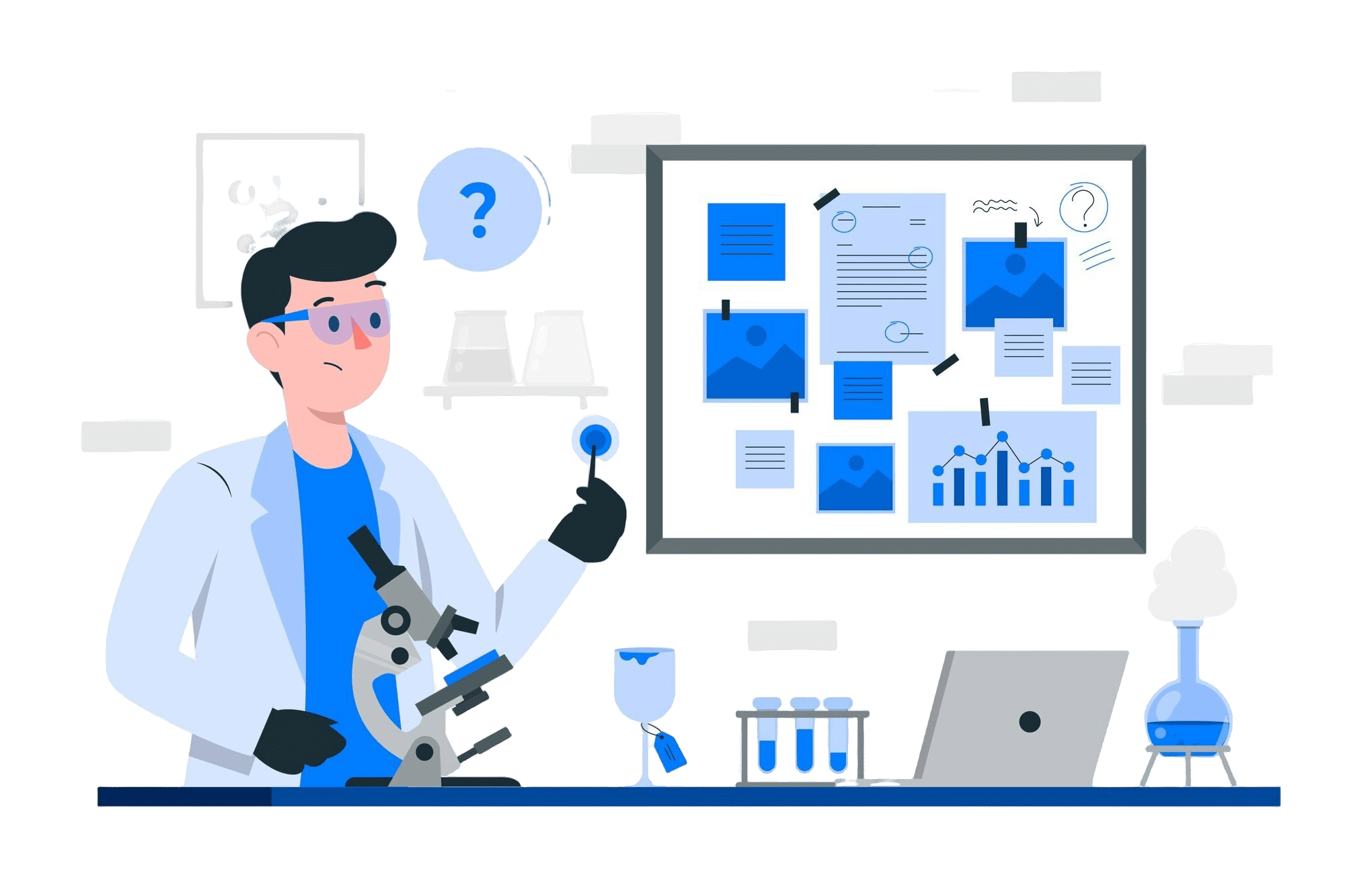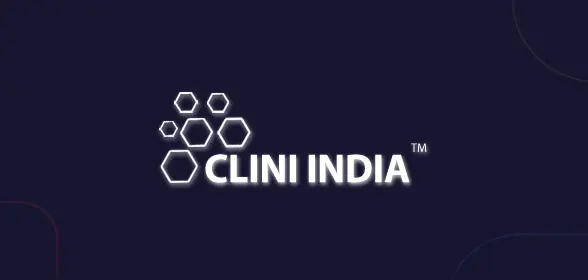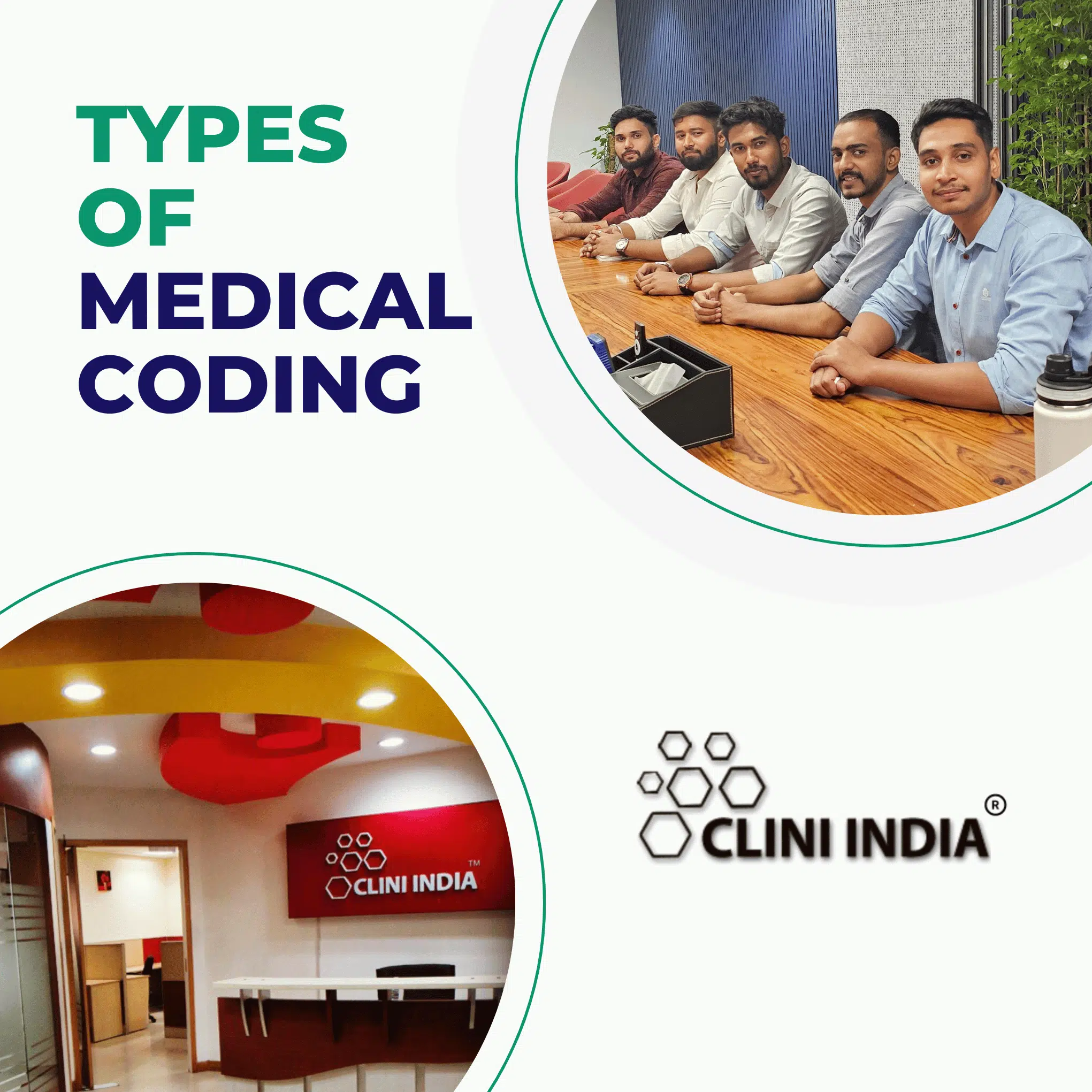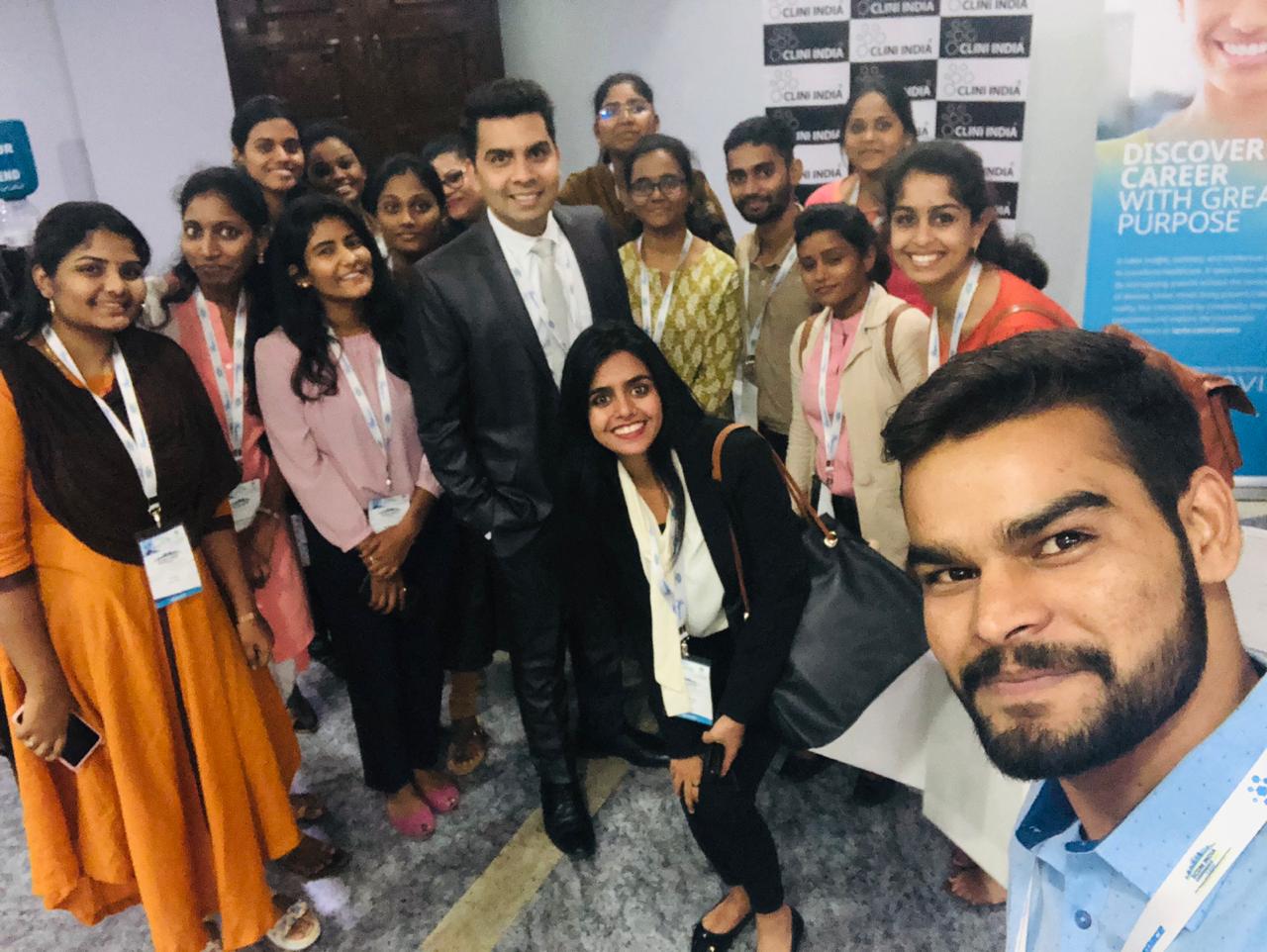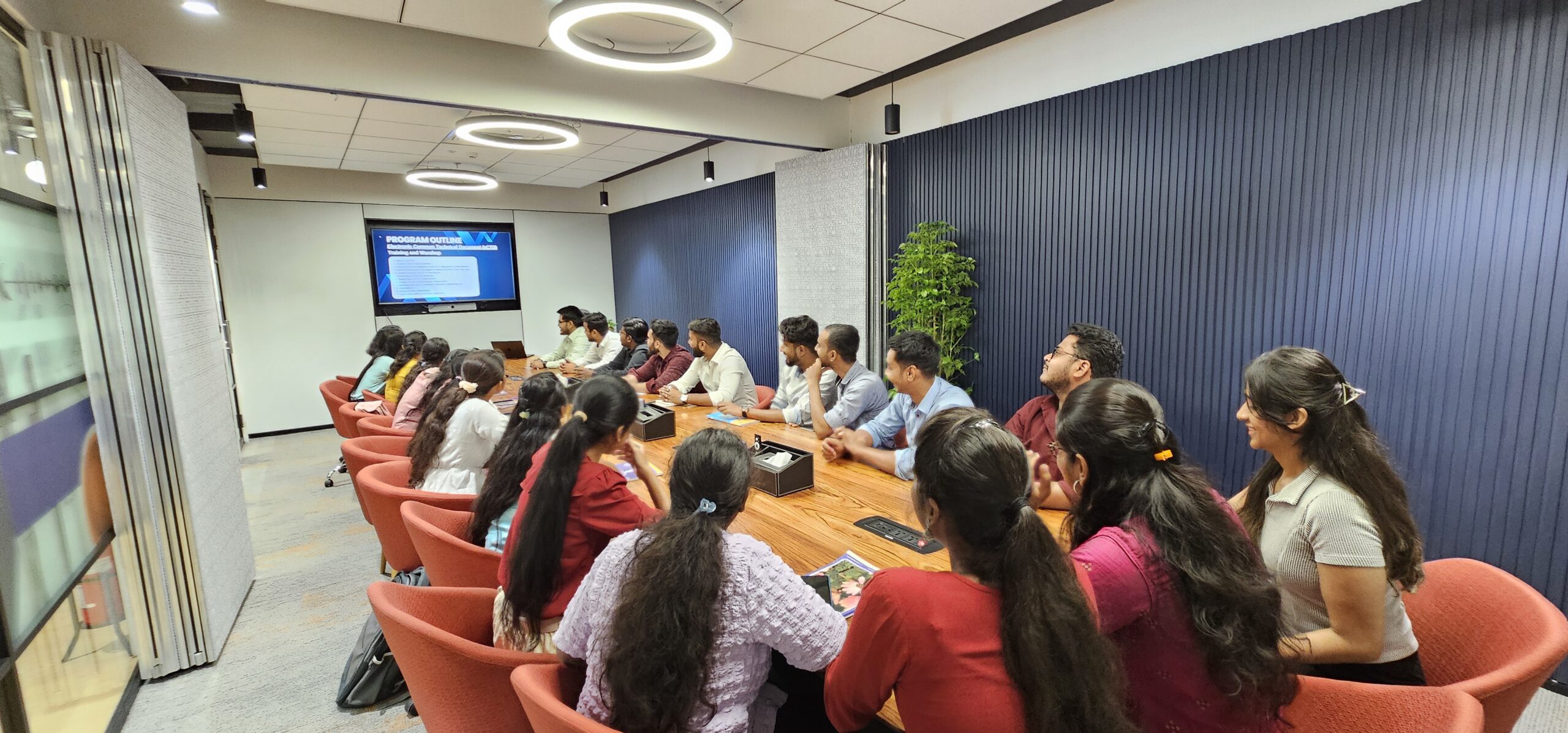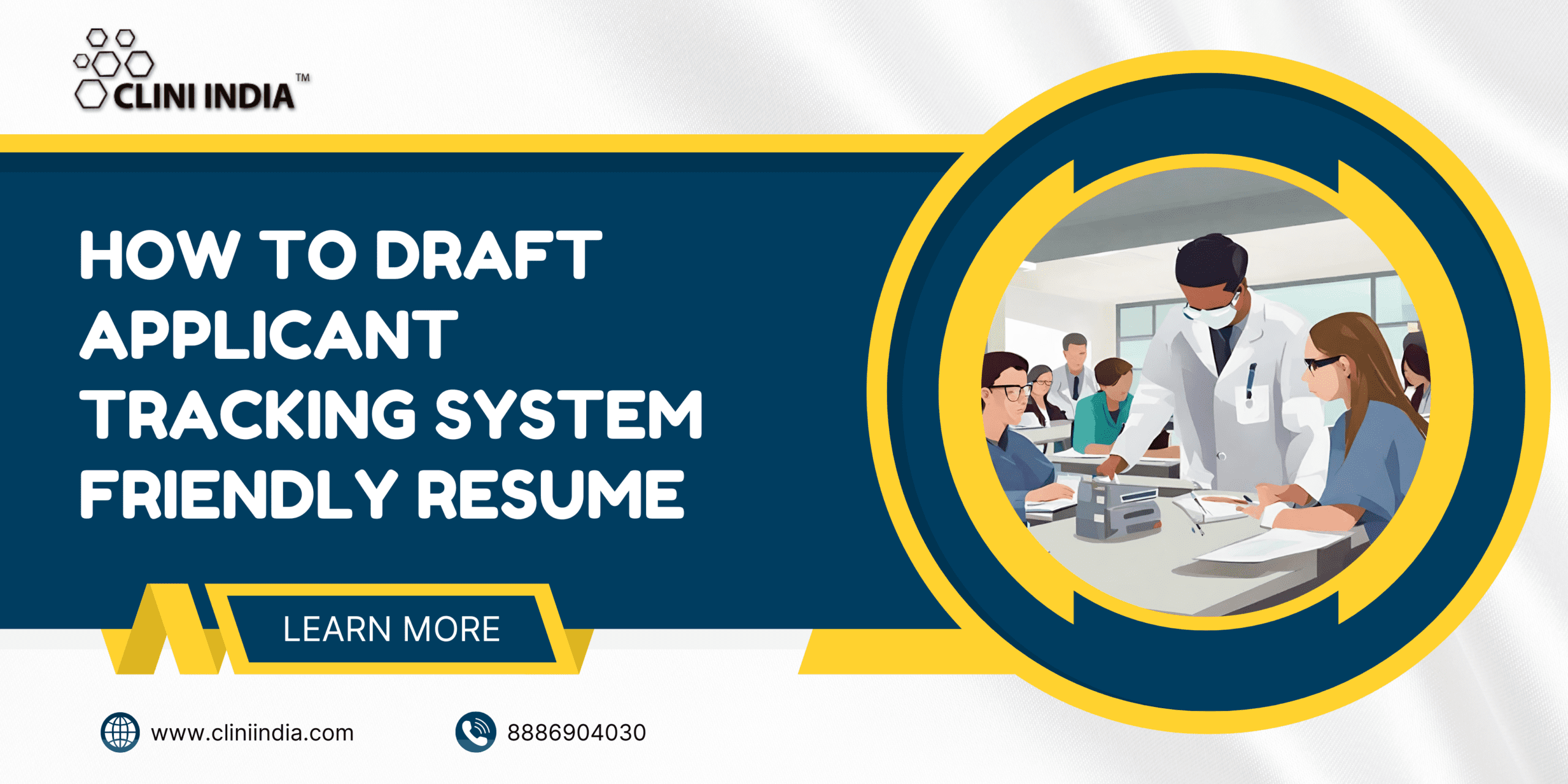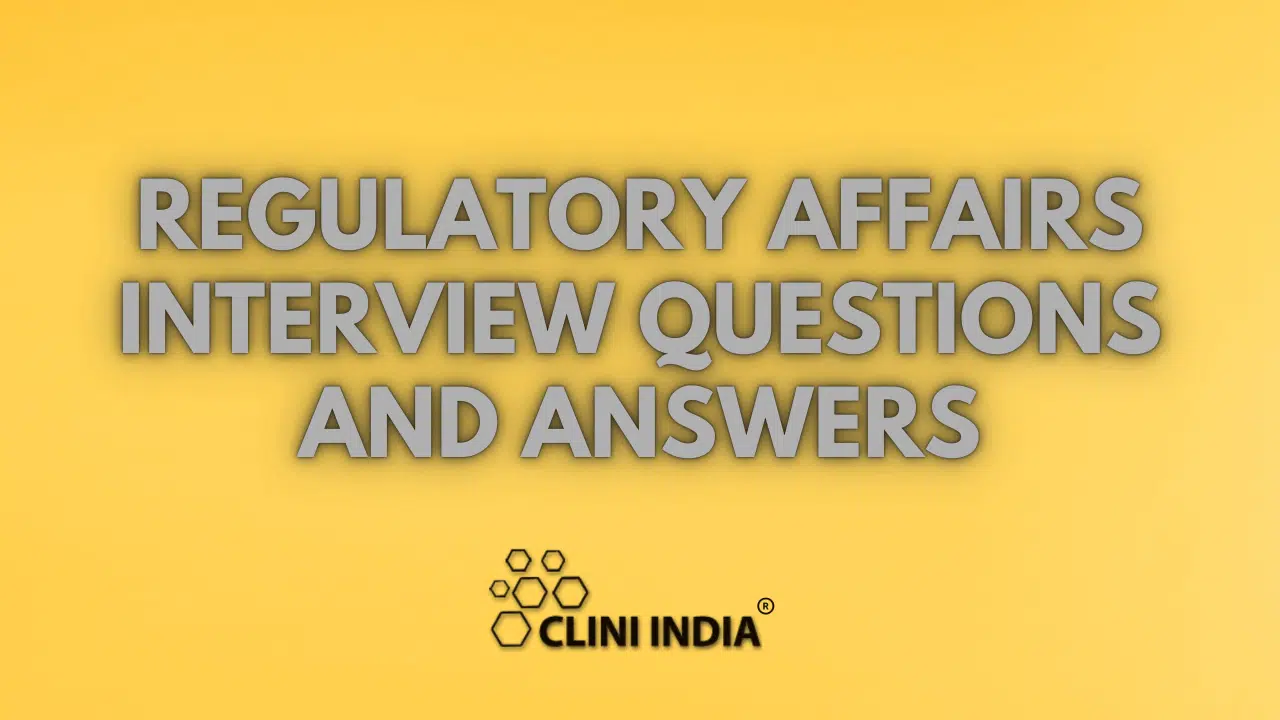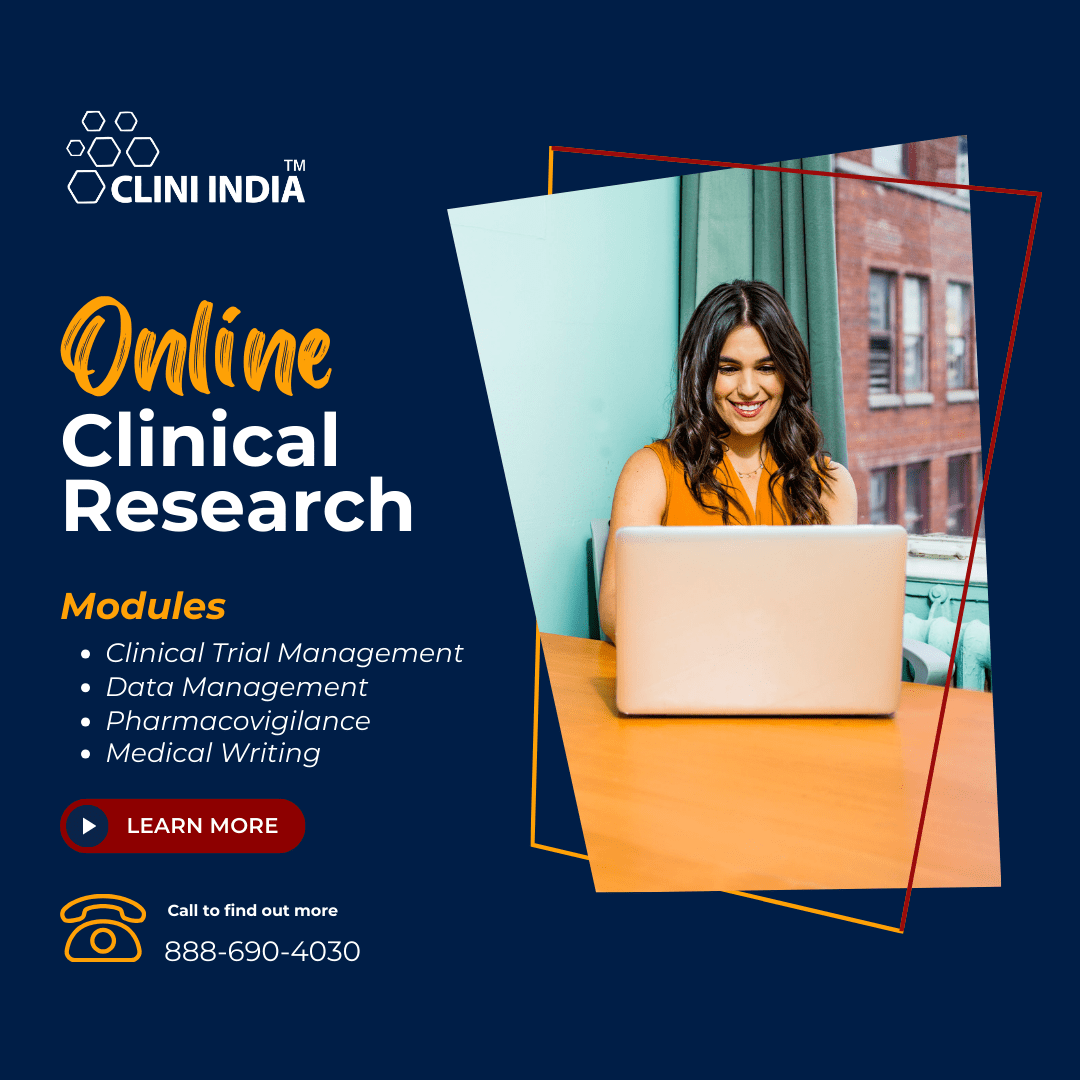
Pharmacovigilance Careers in India
Pharmacovigilance plays a crucial role in ensuring the safety of drugs by monitoring and assessing adverse drug reactions (ADRs). In India, the pharmacovigilance sector is rapidly expanding, thanks to the growth of the pharmaceutical industry. This is increasing the demand for skilled professionals in the field.
As the pharmaceutical manufacturing and clinical research industries grow, so do the career opportunities in pharmacovigilance. Job positions range from entry-level roles, such as Pharmacovigilance Associate, to more senior positions like Pharmacovigilance Manager and Drug Safety Officer. These roles focus on regulatory compliance, risk management, and safety data analysis.
Career Opportunities in Pharmacovigilance
The rise in demand for pharmacovigilance professionals has been fueled by the expansion of clinical trials and regulatory oversight in India. Positions in the sector range from data collection and reporting to managing complex regulatory frameworks. Professionals with expertise in pharmacovigilance are responsible for the safety and efficacy of pharmaceuticals, particularly during post-marketing surveillance.
Pharmacovigilance training programs are available to equip professionals with the necessary skills. These training courses provide knowledge on ADR monitoring, regulatory standards, pharmacology, and drug safety monitoring.

The Future of Pharmacovigilance in India
The future of pharmacovigilance in India looks promising, driven by technological advancements such as artificial intelligence (AI), machine learning, and data mining. These tools are helping professionals analyze large datasets to detect ADRs more efficiently, reducing manual labor and improving safety monitoring. Additionally, the National Pharmacovigilance Programme of India (PvPI) is enhancing regulatory oversight to improve ADR reporting.
India’s growing regulatory framework and technological advancements will continue to shape the pharmacovigilance landscape, making the role of these professionals even more critical in the coming years.
Challenges in the Industry
Despite the rapid growth of the pharmacovigilance sector, India faces significant challenges. These include underreporting of ADRs, particularly in rural areas, and issues with data consistency. The lack of awareness and limited infrastructure in some parts of the country exacerbate these challenges.
To address these issues, continuous education and training programs are essential to encourage ADR reporting, and further investment in rural healthcare systems is crucial.
Building Your Pharmacovigilance Career
If you’re looking to enter the pharmacovigilance field, there are various pathways you can explore. Enrolling in a specialized pharmacovigilance training program is a good way to gain a solid foundation in drug safety monitoring and regulatory practices. With the right qualifications and hands-on experience, you can pursue a rewarding career in this critical area of healthcare.
Case Studies
A major case study in India involved a hospital in Delhi that tackled the underreporting of ADRs by implementing an effective pharmacovigilance program. Through educational campaigns and better reporting systems, ADR reporting saw a significant increase, especially concerning antibiotics and antidiabetic drugs. The timely identification and reporting of a severe allergic reaction to an antibiotic helped prevent further adverse events.
Another successful example comes from a leading Indian pharmaceutical company that used pharmacovigilance to identify harmful drug interactions. By discovering an interaction between an antihypertensive medication and a popular supplement, the company was able to voluntarily recall the product, preventing further adverse effects.
Freaquently Asked Question
What is pharmacovigilance, and why is it important in India?
Pharmacovigilance is the science and activities related to the detection, assessment, understanding, and prevention of adverse effects or any other drug-related problems. It is crucial in India due to the increasing use of pharmaceutical products and the need to ensure their safety.
What are the key challenges faced by pharmacovigilance professionals in India
Challenges include underreporting of ADRs, a lack of trained professionals, limited awareness in rural areas, and inconsistent quality of data across the country.
How is pharmacovigilance regulated in India?
Pharmacovigilance in India is regulated by the Central Drugs Standard Control Organization (CDSCO), which oversees the National Pharmacovigilance Programme (PvPI), ensuring the safe use of medicines.
What are the emerging trends in pharmacovigilance in India?
AI, machine learning, and data mining techniques are transforming the way ADRs are detected, helping professionals process large data volumes quickly and efficiently.
How does pharmacovigilance contribute to public health in India?
Pharmacovigilance ensures that the benefits of pharmaceutical products outweigh the risks, preventing harm to patients and safeguarding public health.
What is the future of pharmacovigilance in India?
The future of pharmacovigilance in India looks promising, with advancements in technology and a growing regulatory framework to enhance safety monitoring.
What qualifications are needed to start a career in pharmacovigilance in India?
A degree in pharmacy, life sciences, or medicine is typically required, and certifications in pharmacovigilance can improve career prospects.
What are the key skills required to succeed in a pharmacovigilance career?
Analytical skills, attention to detail, and knowledge of drug safety regulations are essential to succeed in pharmacovigilance.
What is the job role of a pharmacovigilance associate in India?
A pharmacovigilance associate handles ADR reporting, data collection, and compliance with regulatory standards.
What are the career growth opportunities in pharmacovigilance in India?
Career growth in pharmacovigilance can lead to managerial roles like pharmacovigilance manager or positions in drug safety management.
What are the top companies in India hiring for pharmacovigilance roles?
Pharmaceutical companies, contract research organizations (CROs), and regulatory bodies are among the top employers in pharmacovigilance.
What salary can you expect from a pharmacovigilance career in India?
Salaries in pharmacovigilance vary depending on experience, qualifications, and the role, with entry-level positions starting around ₹4-6 lakhs per annum and senior roles offering ₹10 lakhs and above.
How can I build a career in pharmacovigilance in India?
Building a career involves pursuing relevant educational qualifications, completing training programs, and gaining experience through internships or entry-level positions.







